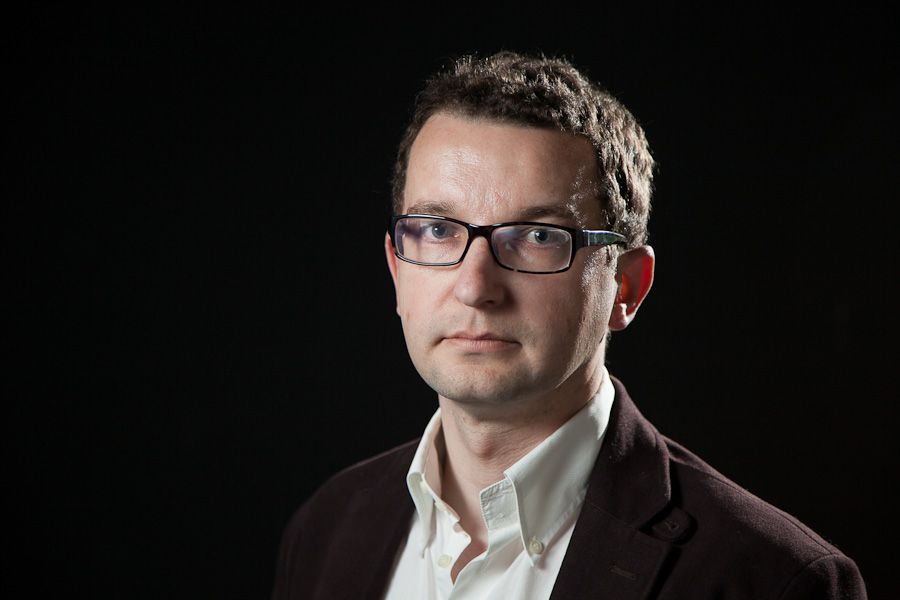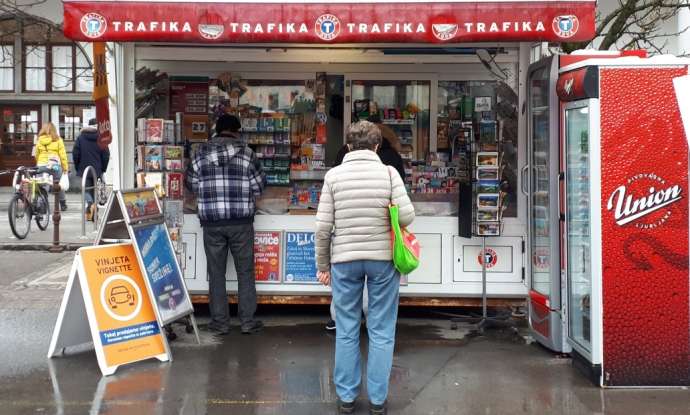STA, 1 February 2019 - One of Slovenia's foremost media experts has called for far-reaching reform of media legislation and state subsidies for media outlets struggling in the current business climate, arguing that Slovenian journalism needs strong support from the state.
"The media pluralisation fund, which has EUR 2m available and spends EUR 1.3m on radio stations of special importance, is not enough. It was not enough years ago and is even less so now: journalism globally faces existential problems and is struggling to survive," Faculty of Social Sciences professor Marko Milosavljević told the latest edition of Mladina.
He said a range of measures should be employed, from tax subsidies for media outlets to incentives for hiring young reporters, preserving the networks of foreign and local correspondents.
The government should increase funding for the media to at least EUR 20m per year, he said, arguing that this was still low compared to what some other countries are spending to prop up their media.

Professor Marko Milosavljević. Photo: www.fdv.uni-lj.si
"And don't forget, just one of the major Slovenian owners, who also owns many media outlets, received EUR 7m in subsidies for his non-media companies last year.
"If we can spend that amount of money on certain sectors of the economy, we can easily earmark EUR 20m for the entire Slovenian media industry," Milosavljević said.
As for the legislative side of things, Milosavljević is in favour of an in-depth reform of all media-related laws, including the act on AV services and legislation governing the public broadcaster and the STA.
The view puts him at odds with the government's stated plan to implement minor tweaks of the media law, but Milosavljević says the government has enough time for true reform given that it has just started its term.
"What's required is a strategic meeting by the prime minister and key departments that affect media in any way, at which those responsible would clearly determine that they must cooperate and come up with comprehensive solutions."
Only this way can pressing issues such as the prevalence of hate speech and intolerance, poor media literacy and digitisation be addressed. "It is essential that they start looking for and proposing solutions, technologies and markets are changing radically," he said.






